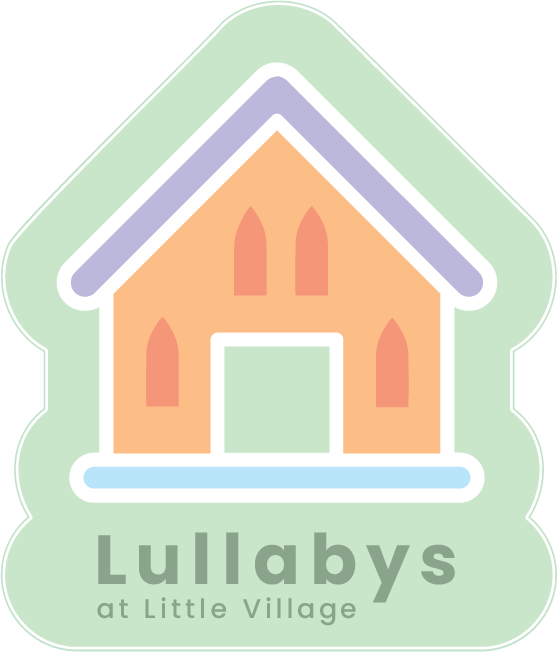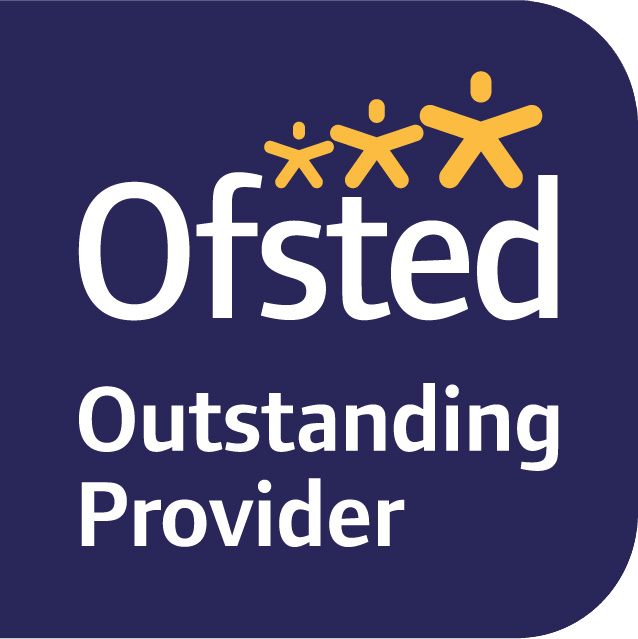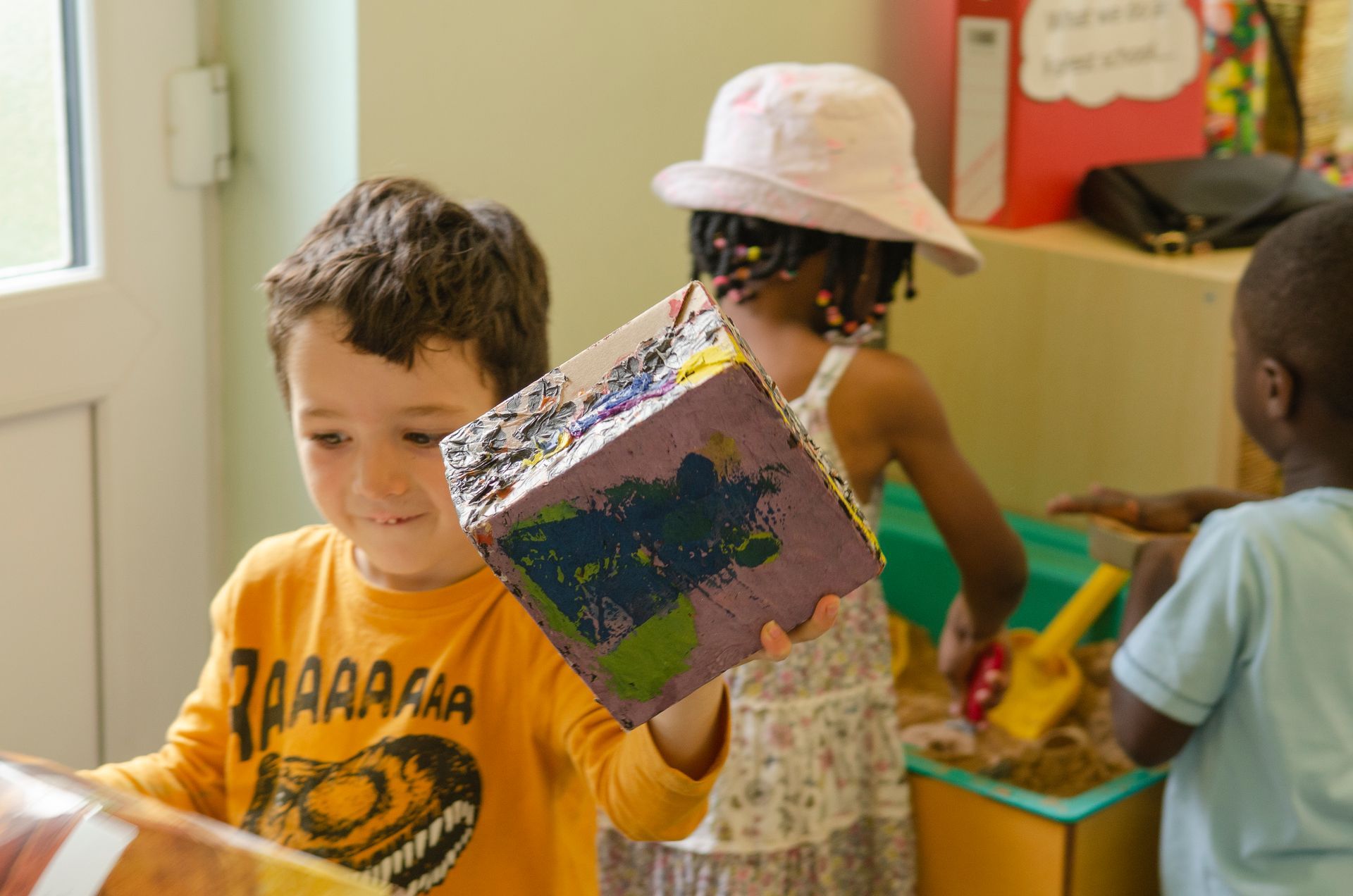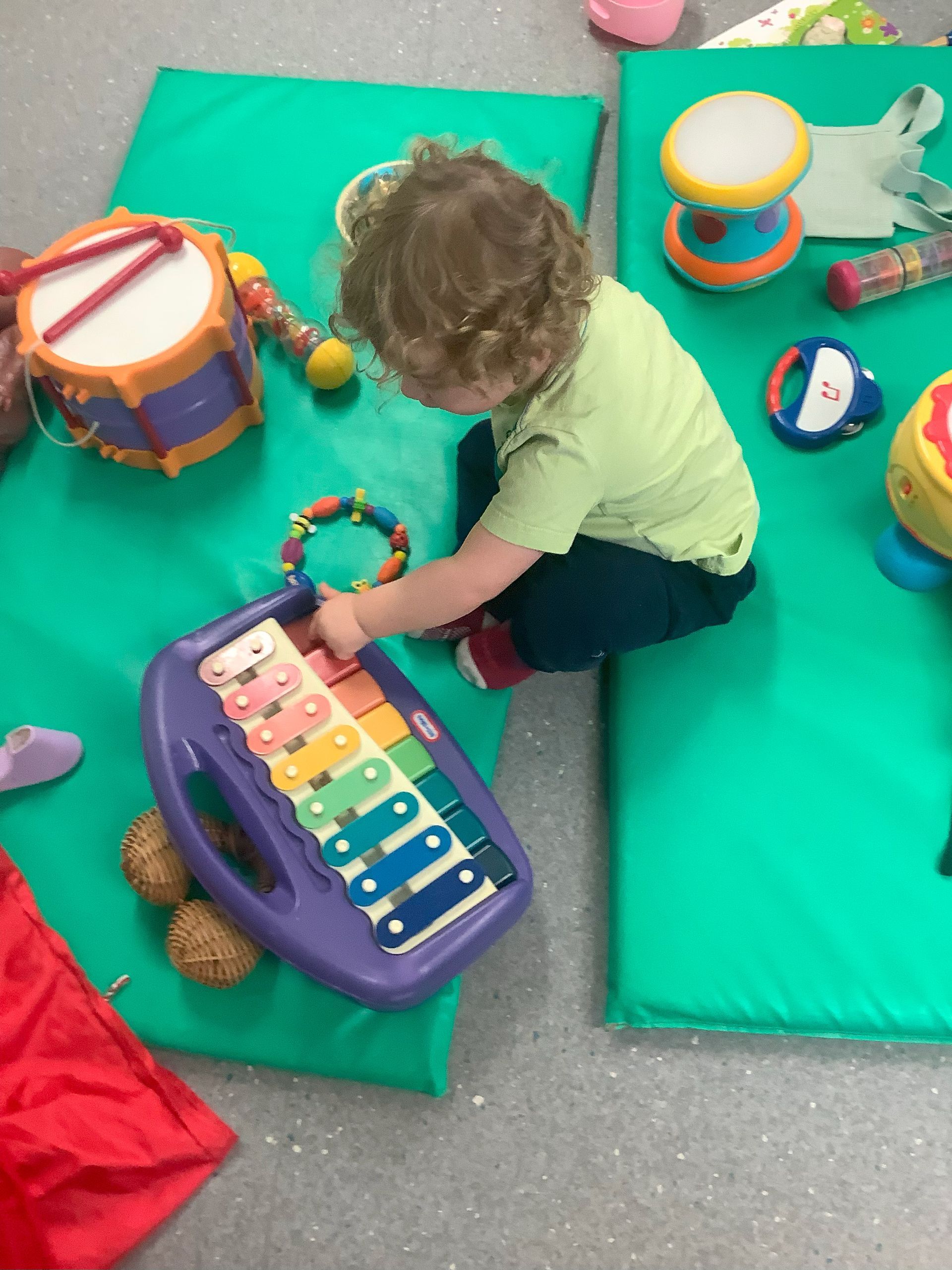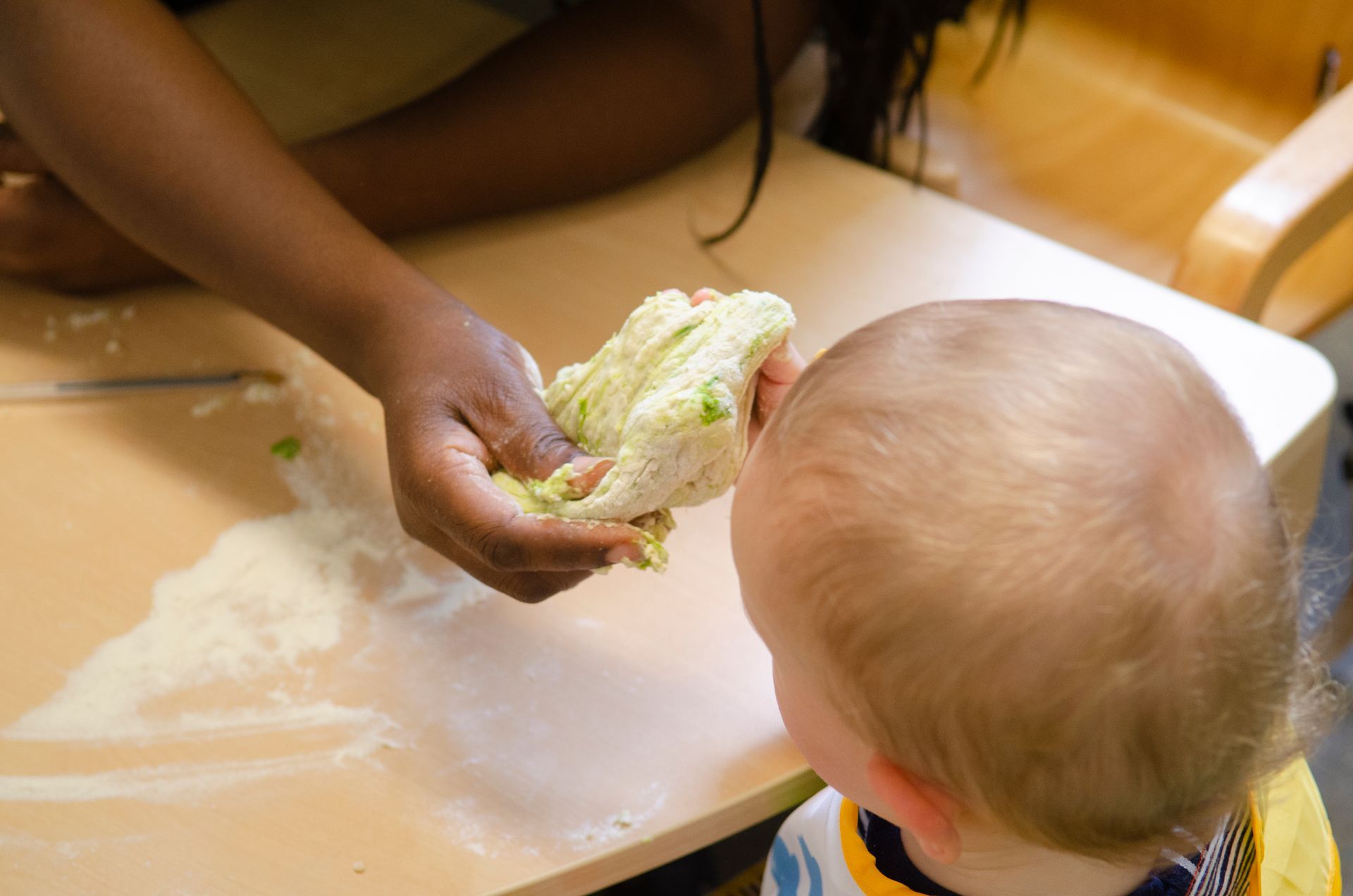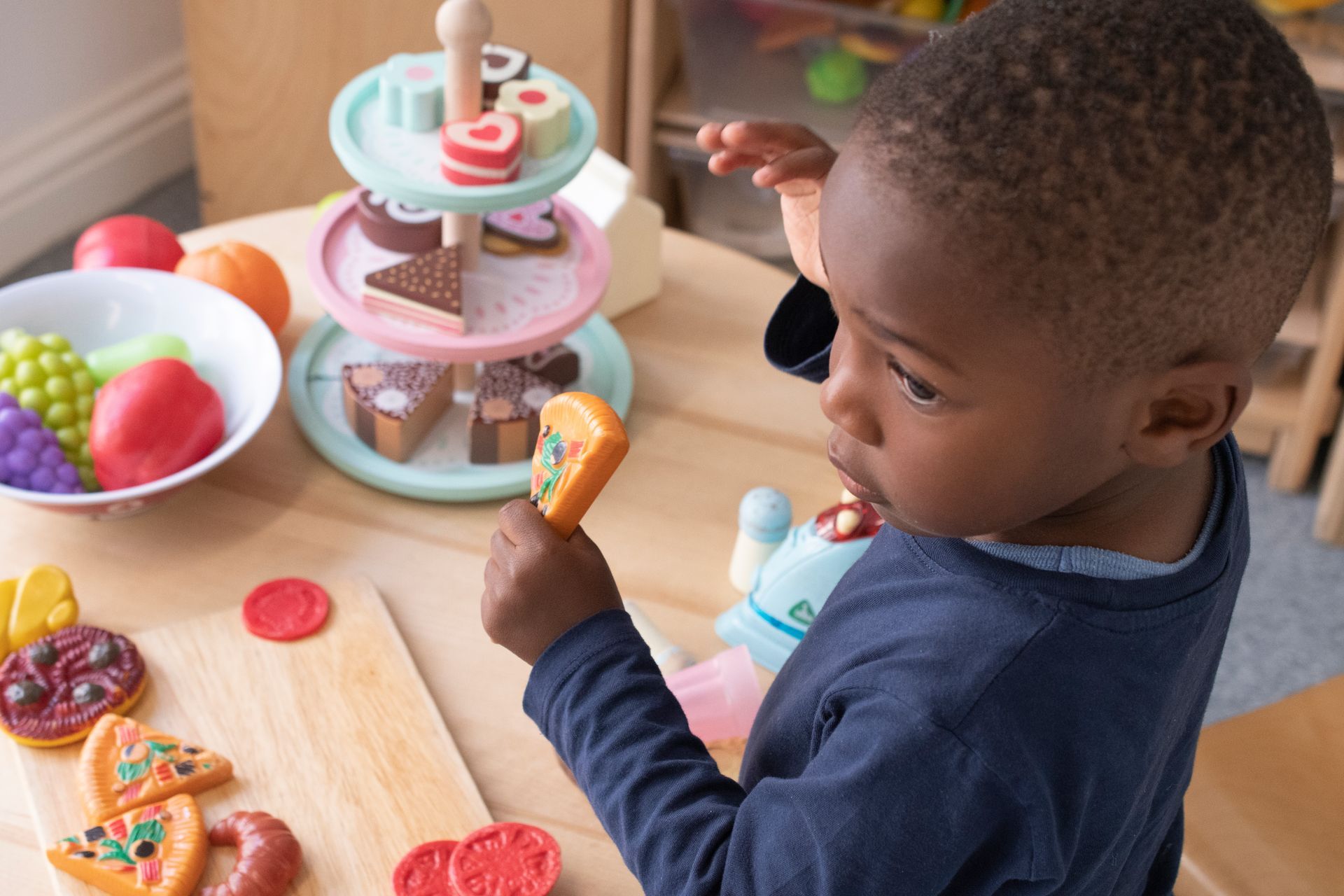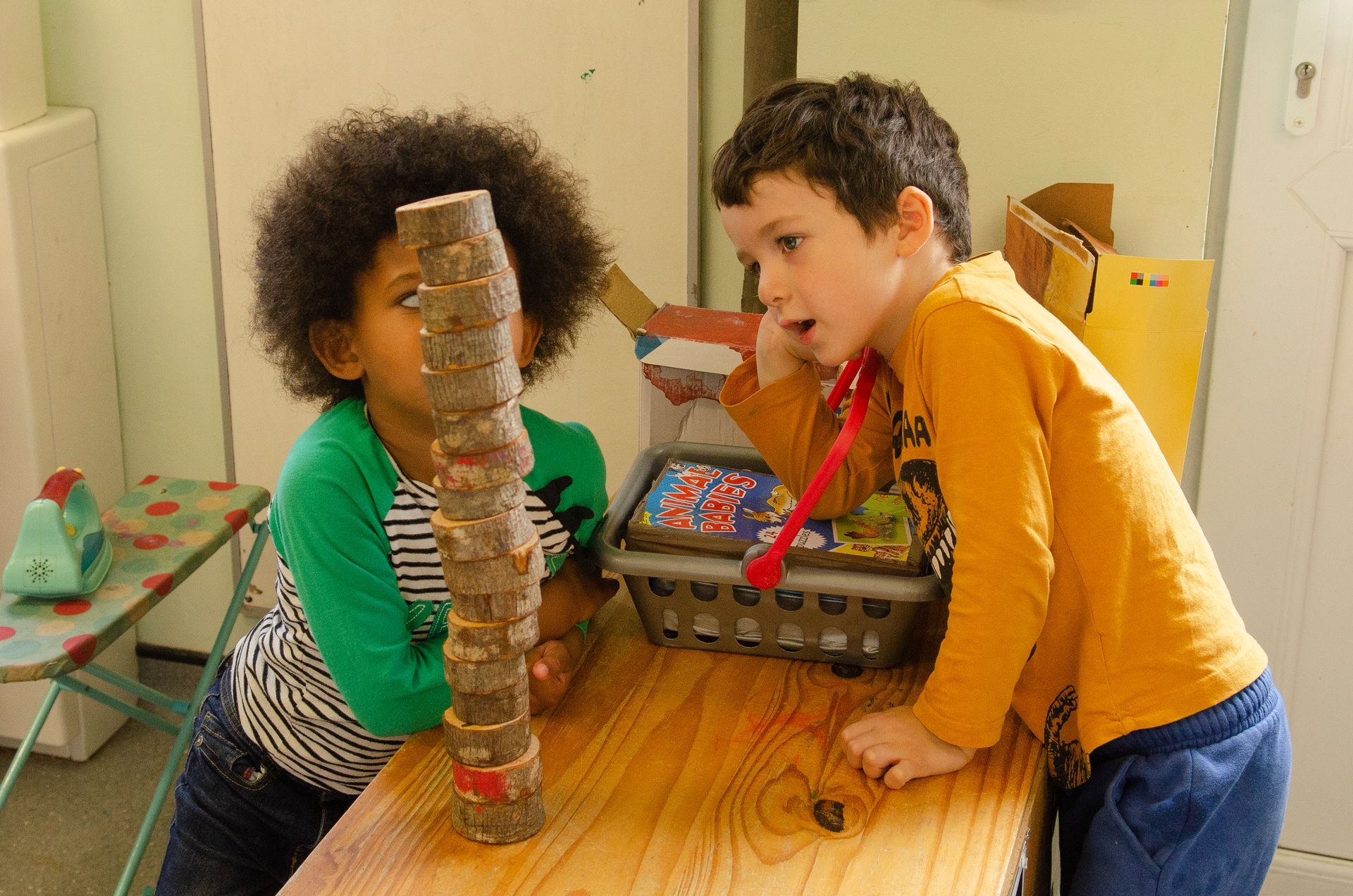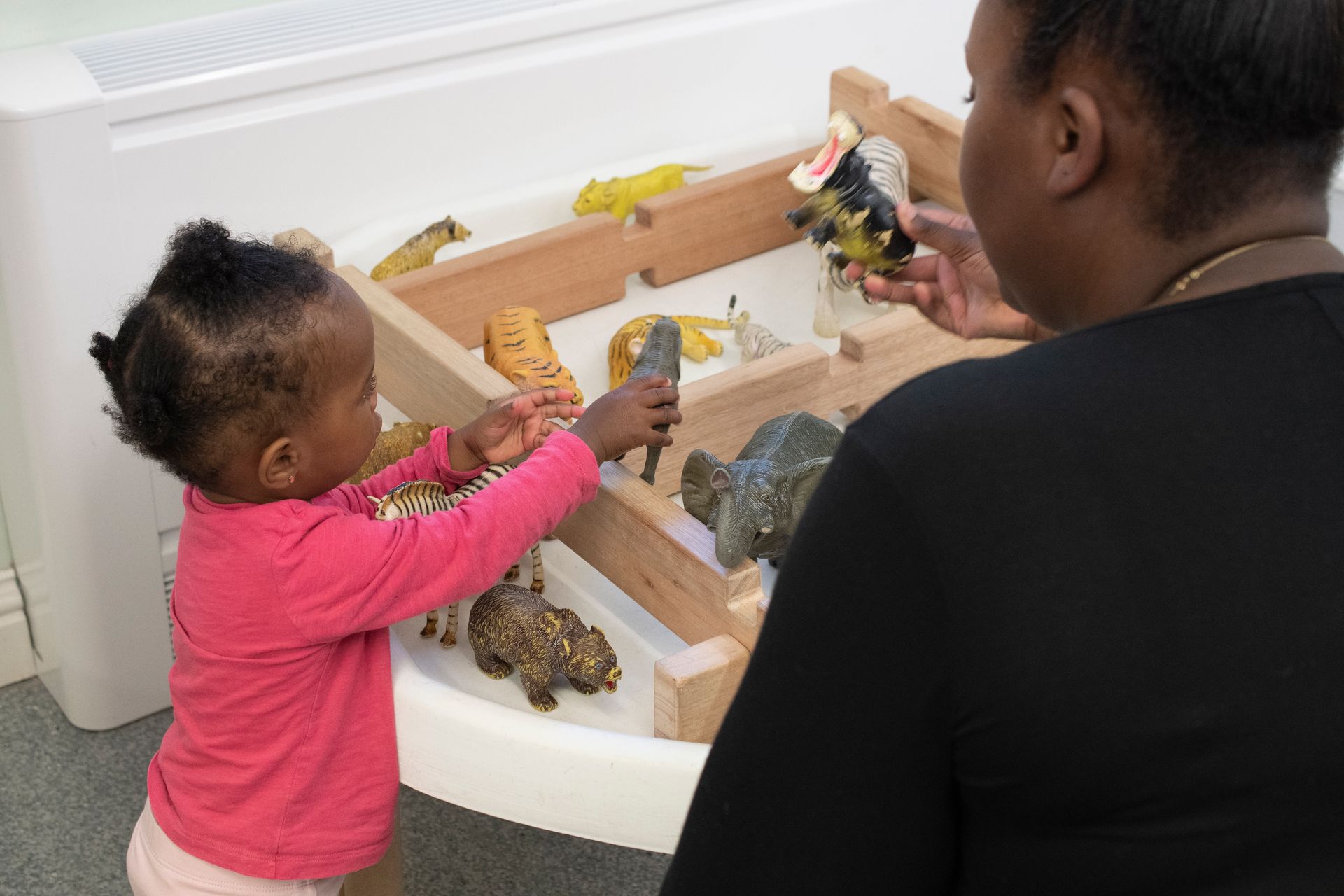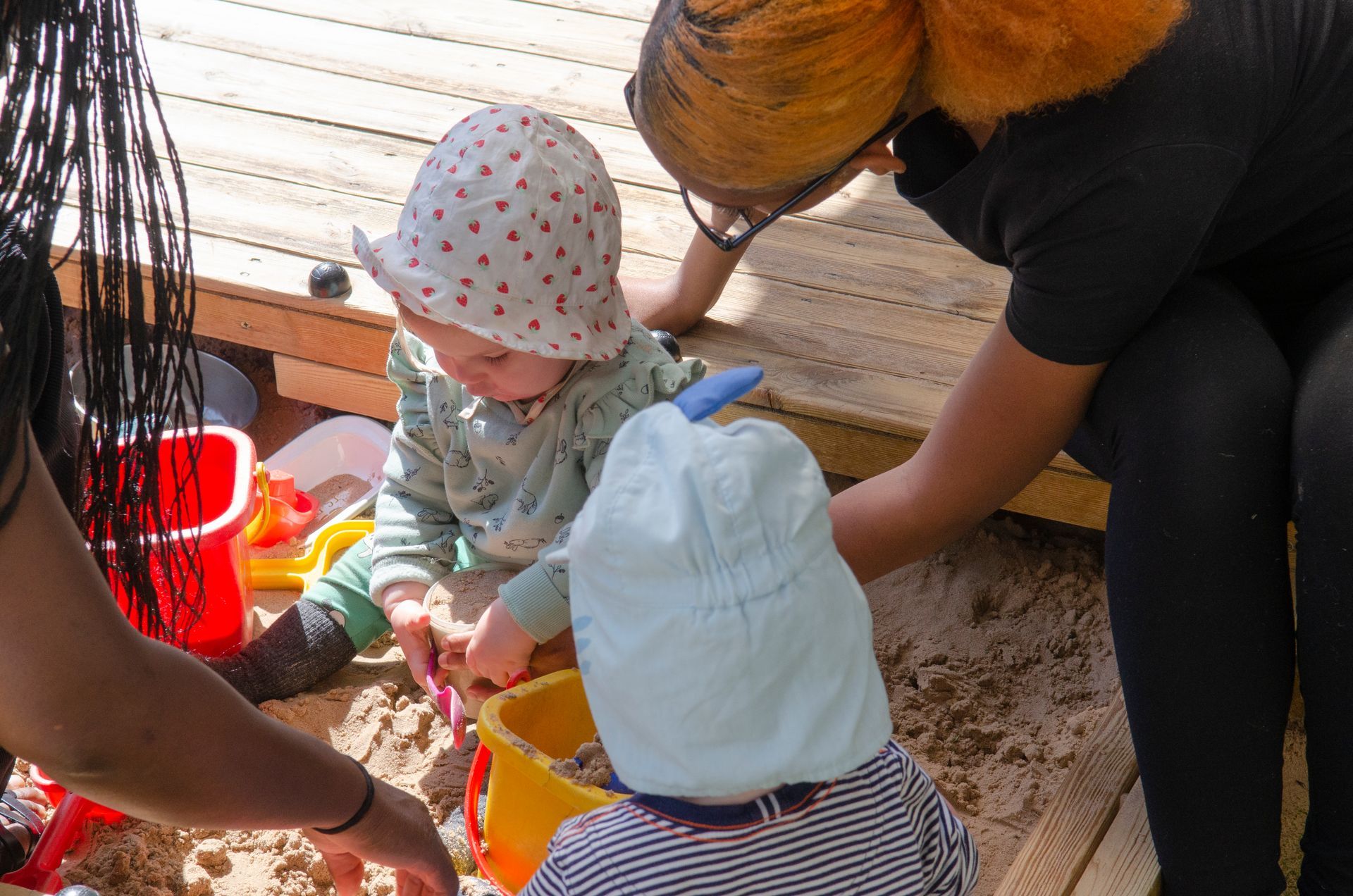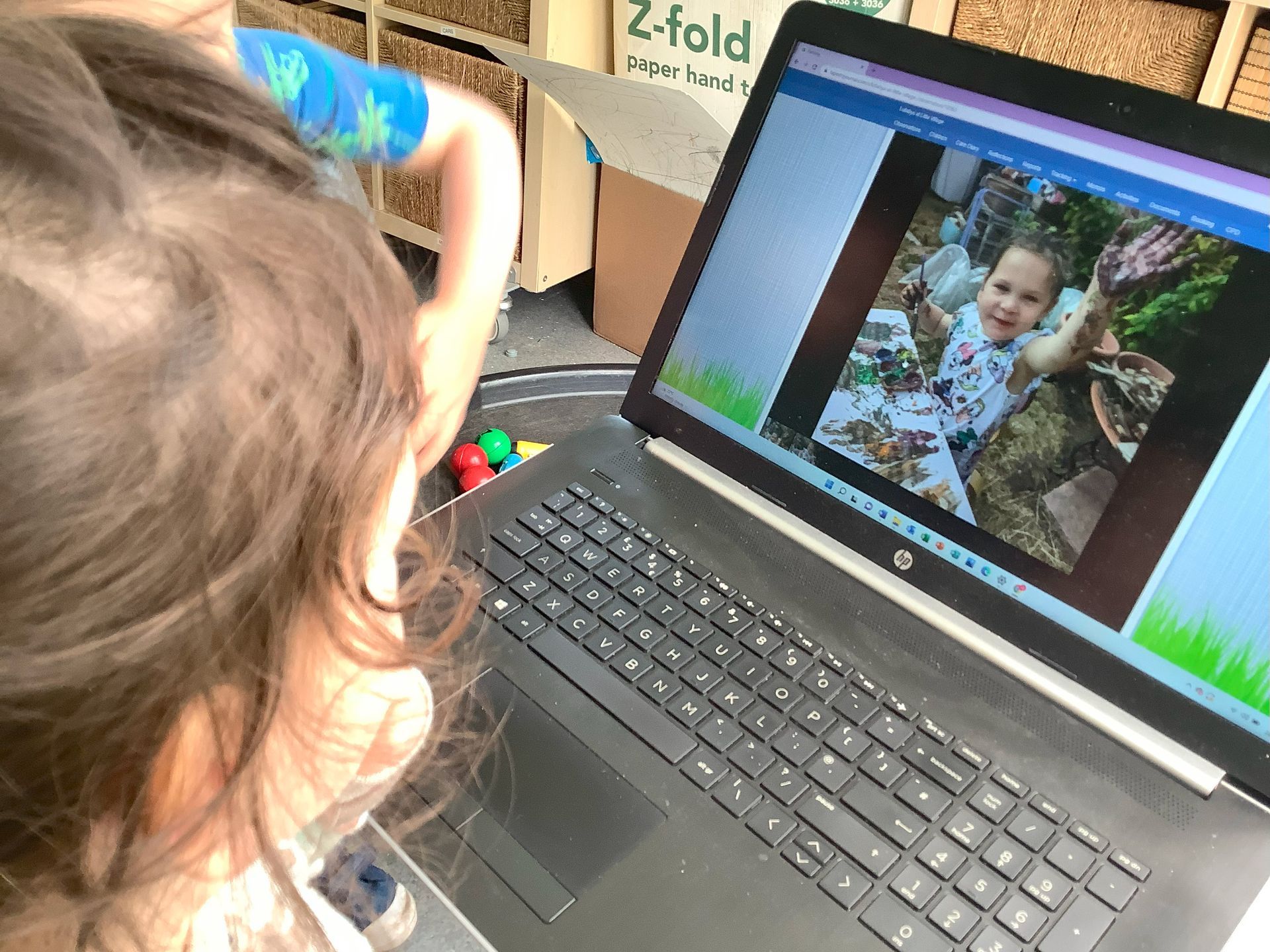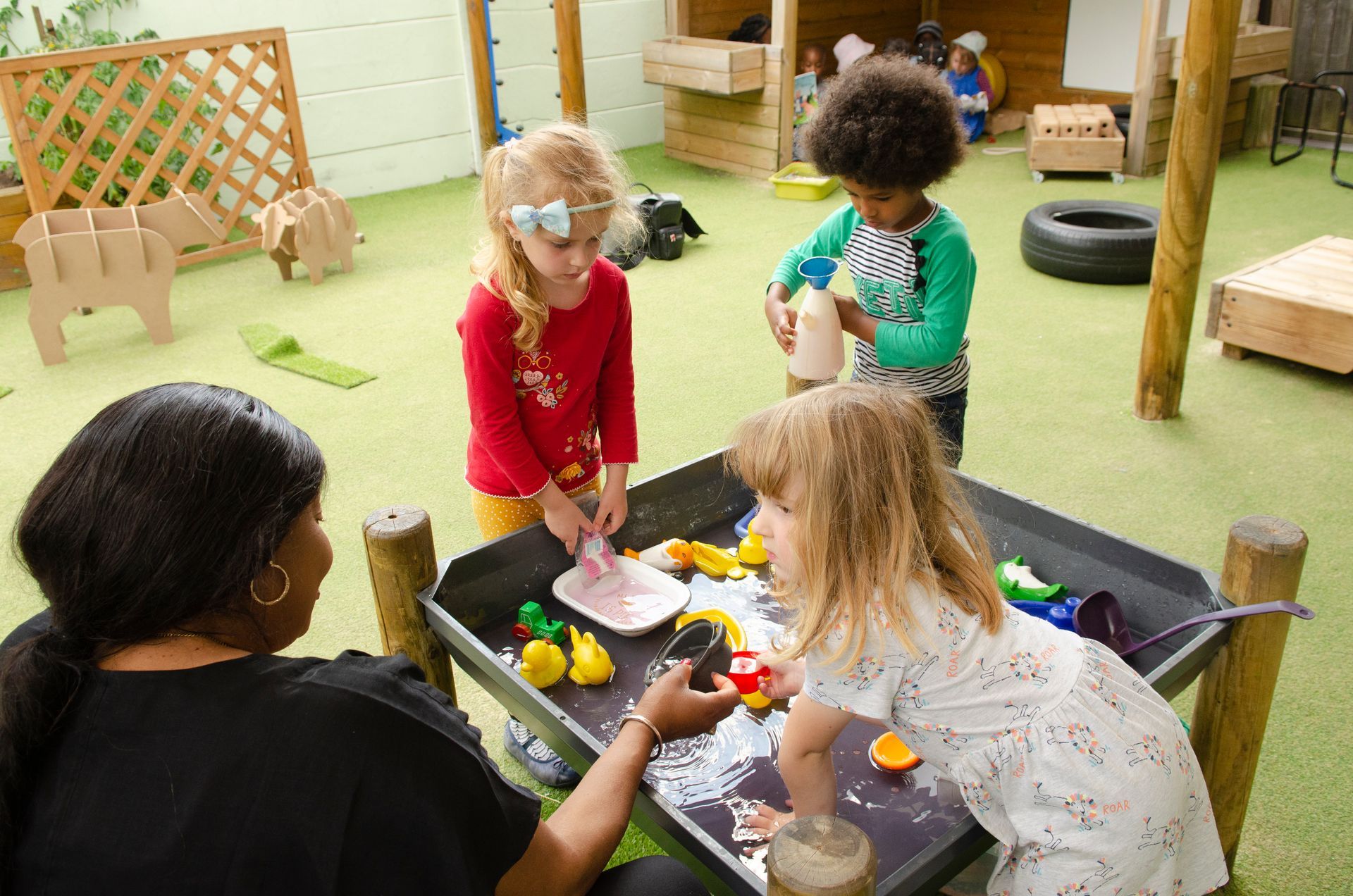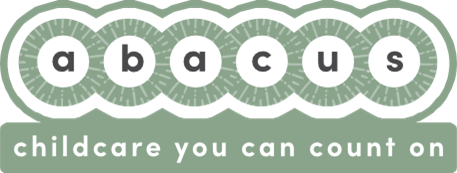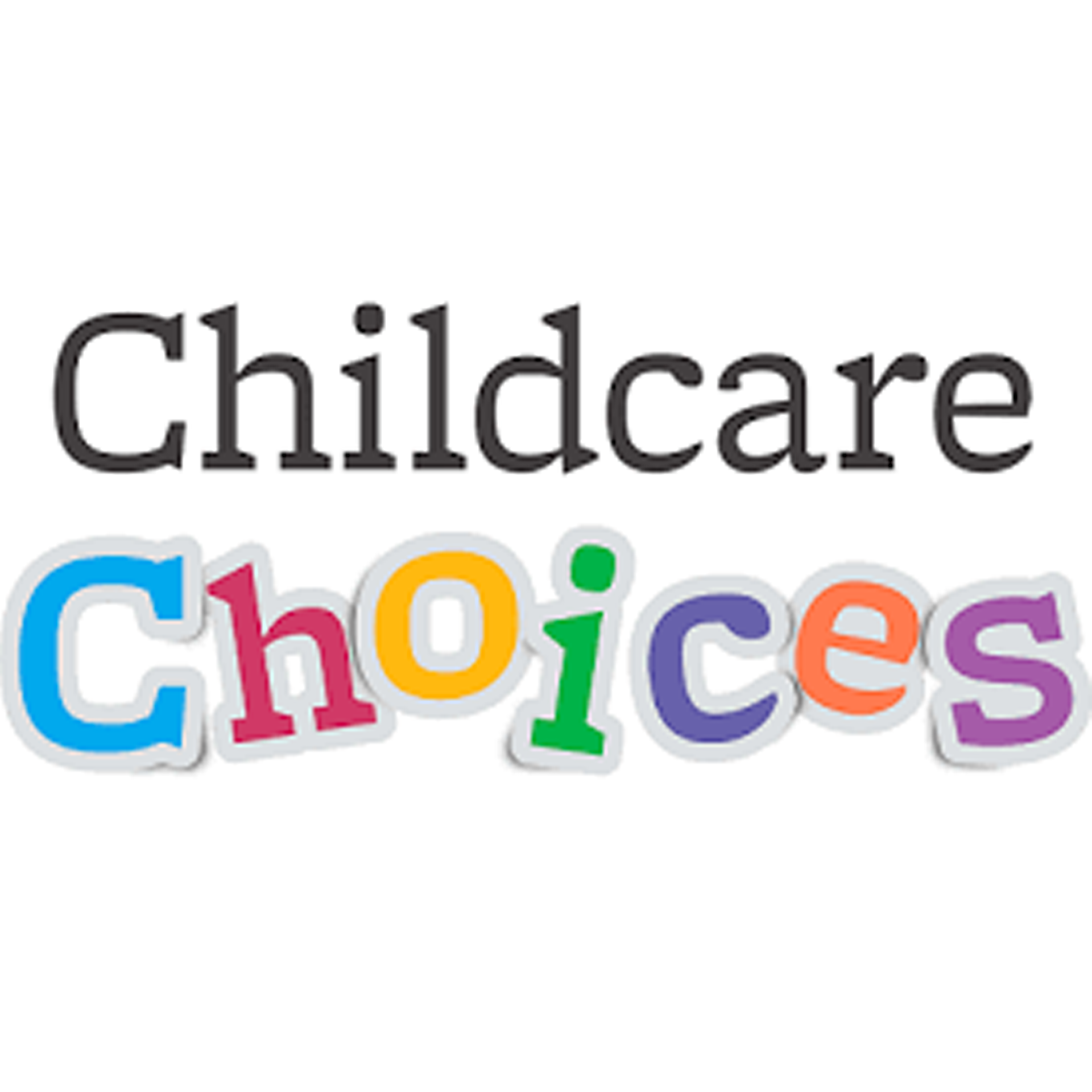Our Teacher-Led Curriculum
Our teacher-led curriculum is based on the Early Years Foundation Stage (EYFS - DfE September 2021). We are committed to upholding, and exceeding, where possible, the standards this sets out.
The EYFS places great value on children’s ability and opportunity to learn through play. We believe children learn best when they are happily engaged in play that interests, stimulates and challenges them. In our nurturing environment, play and learning go hand-in-hand and positive relationships are forged.
Learning Through Play
Play-based learning is an educational approach that centres on using play as a primary method for children's learning and development. It recognizes that play is a natural and fundamental way for children to explore the world, interact with others, and make sense of their experiences. Play-based learning acknowledges that children learn best when they are active participants in their own learning journey. It aligns with research indicating that children's brains develop through interaction, exploration, and hands-on experiences. This approach respects children's natural curiosity and seeks to create a positive and meaningful learning environment where they can thrive.
All of you have been amazing and shown so much love and care, and you have done a brilliant job preparing the children for their next stage in life. Thank you.
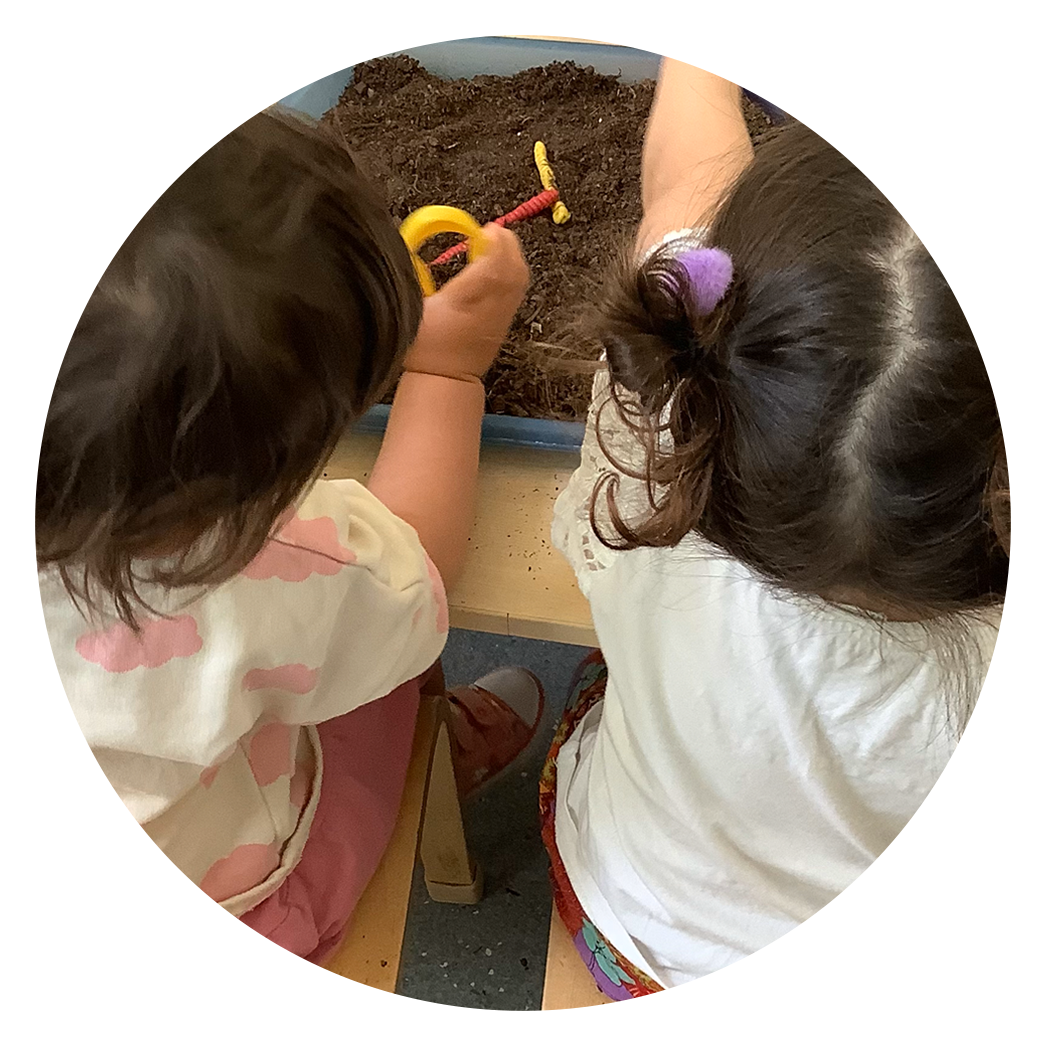
What Does Play Based Learning Look Like?
Child-Centred
Play-based learning focuses on the child's interests, choices, and agency, allowing them to direct their learning experiences.
Hands-On Experience
Play involves active exploration, manipulation of objects, and interaction with the environment.
Open-Endedness
Play activities are often open-ended, allowing for multiple solutions and creative possibilities.
Unstructured & Structured Play
It includes both unstructured play, where children are free to explore, and structured play, which may involve guided activities or games.
Play Environments
Play-based learning environments are designed to be safe, stimulating, and flexible, encouraging exploration and creativity.
Adult Role
Educators in play-based learning act as facilitators, observing, guiding, and extending play experiences based on children's interests.
Play-Based Assessments
Assessment in play-based learning focuses on observing children's interactions, problem-solving, and engagement rather than traditional tests.
Sensory Engagement
Play often involves sensory experiences, enabling children to explore textures, colours, sounds, and smells.
Interest-Based Learning
Interest-based learning in the early years is an educational approach that centres on tailoring the curriculum and activities to the individual interests and curiosities of each child. This approach recognises that when children are engaged in topics that genuinely interest them, their motivation to learn and explore is significantly heightened. Interest-based learning respects children's autonomy and innate curiosity, fostering a positive attitude toward learning that can last throughout their educational journey. It celebrates the diversity of interests and strengths within a classroom, creating an inclusive and enriching environment for early learners.
Due to our invested approach of exploring children’s interests the day-to-day activities at the setting can vary greatly, from story-based projects to significant life events or an ongoing interest in a particular topic. We aim to explore these ideas across all areas of learning, bTop of Formelow are some examples of the kinds of learning that can be achieved across a number of daily activities offered at the setting.
Song & Story Sessions
Language & Development
Exposure to songs and stories helps expand vocabulary and comprehension skills as children listen to and engage with different words and phrases.
Listening Skills
Listening to songs and stories enhances children's ability to focus and follow a narrative, improving their listening and concentration skills.
Imagination
Stories and songs stimulate imagination, allowing children to create mental images and visualize scenarios.
Memory Enhancement
Repetition of songs and stories helps develop memory recall and recognition skills.
Music & Dance
Physical Development
Dancing promotes gross motor skills, coordination, balance, and spatial awareness.
Expressive Outlet
Music and dance provide a way for children to express themselves creatively and emotionally.
Rhythm and Timing
Engaging with music improves children's sense of rhythm, timing, and beat recognition.
Social Interaction
Group dancing and musical activities encourage cooperation and sharing
Arts & Crafts
Creativity
Arts and crafts allow children to explore their creativity, experiment with colours, shapes, and materials, and express their ideas.
Fine Motor Skills
Activities involving cutting, drawing, and gluing enhance fine motor skills and hand-eye coordination.
Focus and Patience
Completing an art project encourages patience and the ability to follow instructions.
Self-Esteem
Completing a project provides a sense of accomplishment, boosting self-esteem.
Role Play
Social Skills
Role-playing activities foster communication, cooperation, negotiation, and empathy as children take on different roles and interact with each other.
Imagination
Imaginary play allows children to explore various scenarios and develop creative thinking.
Language Development
Role play involves verbal interaction, expanding vocabulary and language skills.
Problem-Solving
Children navigate different situations during role play, enhancing their problem-solving skills.
Construction
Spatial Skills
Building with blocks and construction toys enhances spatial awareness, geometry, and understanding of three-dimensional structures.
Problem Solving
Construction activities require planning, problem-solving, and critical thinking as children design and create structures
Fine Motor Development
Handling and manipulating blocks helps refine fine motor skills and hand coordination.
Creativity
Children can experiment with different arrangements and designs, fostering creativity.
Small World Play
Imagination
Small world play encourages children to create and explore imaginary scenarios, boosting imaginative thinking.
Storytelling
Children engage in storytelling as they create narratives and dialogues for their miniature worlds.
Language Skills
Small world play involves verbal communication, leading to language development and vocabulary expansion.
Emotional Expression
Children often use small world play to work through emotions and experiences, promoting emotional intelligence
Sand & Water Activities
Sensory Exploration
Sand and water play engage multiple senses, contributing to sensory development and cognitive growth
Fine Motor Skills
Pouring, scooping, and manipulating sand and water objects improve fine motor skills and hand strength.
Scientific Exploration
Children learn about concepts like sinking, floating, and displacement as they experiment with different materials.
Language Development
Describing textures, actions, and observations during play enhances language skills.
Technology
Cognitive Development
Educational apps can introduce early learners to concepts like numbers, letters, shapes, and colours in interactive and engaging ways.
Hand-Eye Coordination
Navigating touchscreens helps improve hand-eye coordination and fine motor skills.
Problem-Solving
Some apps offer puzzles and challenges that promote problem-solving and critical thinking.
Digital Literacy
Early exposure to technology can lay the groundwork for future digital literacy and tech skills
Outdoor Play
Physical Health
Outdoor play promotes physical activity, exercise, and the development of gross motor skills.
Nature Connection
Outdoor activities foster a connection to nature, encouraging exploration and appreciation of the environment.
Imagination
Open outdoor spaces provide opportunities for unstructured play, allowing children to create their own games and scenarios.
Social Skills
Outdoor play often involves interaction with peers, promoting social skills, cooperation, and communication.
